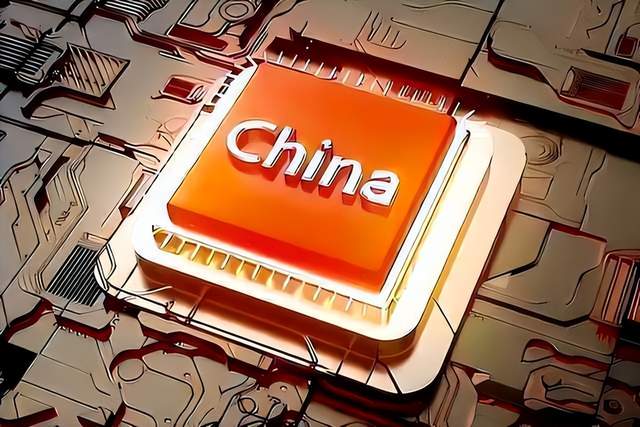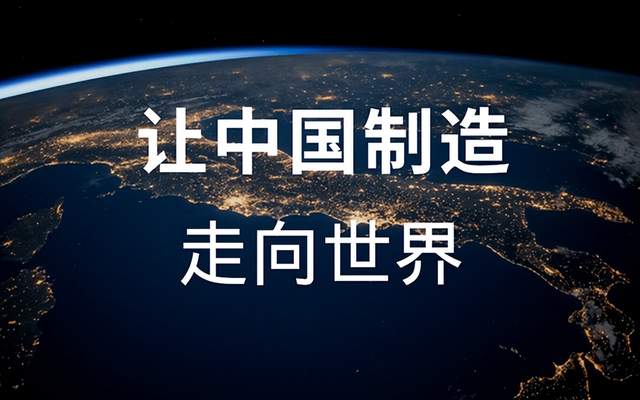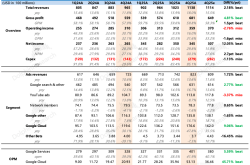Western countries reveal their true colors, and the Middle East places large orders. Spring has come for Made in China and Chinese chips
![]() 09/23 2024
09/23 2024
![]() 494
494
It is reported that many countries in the Middle East have recently placed large orders with China for various consumer electronics products. This happened after a series of explosions involving pagers, mobile phones, home appliances, and other consumer electronics products in Lebanon. This move highlights the loss of trust in Western technology products by many countries.

After the first batch of pager explosions, subsequent explosions occurred in many battery-powered products such as solar panels and home appliances, indicating that this use of civilian products as weapons involved many electronic products. The comprehensive transformation of these civilian technology products into weapons represents an unprecedented change that poses a challenge to human society and highlights the West's unscrupulousness in achieving its goals.
In fact, over the past decade, the West has repeatedly been accused of using consumer electronics technology products for military purposes. Many years ago, the well-known Snowden incident exposed the Prism program of the United States, which used vulnerabilities in chips and communication products to conduct global surveillance, even targeting US allies such as Germany and the United Kingdom, causing widespread outrage.
Since the Russia-Ukraine conflict began in 2022, many American companies have withdrawn from the Russian market. However, when American companies such as Apple locked the iPhones and other electronic devices that Russians had purchased at expensive prices, they allegedly violated individual property rights. After all, the United States is not at war with Russia, and turning the personal property of ordinary consumers into scrap is overly aggressive.

Recently, Chechen leader Ramzan Kadyrov in Russia also accused Elon Musk of locking his Cybertruck electric vehicle, turning the tens-of-thousands-of-dollars vehicle into scrap metal. This highlights the significant risks of purchasing American technology products, as they may not only be subject to surveillance but also become worthless at any time, resulting in significant financial losses.
These actions by the West have caused many global consumers to doubt Western electronic technology products, leading to recent large orders from some Middle Eastern countries to Chinese companies. It is reported that the companies receiving these orders have indicated that the volume is enormous, far exceeding their previous exports to the Middle East, prompting many to operate 24/7 to fulfill the sudden surge in demand.
It is noteworthy that these suddenly increased orders are quite unique. Middle Eastern customers are less concerned about price and prioritize products with components manufactured in China, preferably with Chinese-made chips, even if their performance is slightly inferior. This underscores the uniqueness of these significantly increased orders.

In fact, a large number of products made in China already use domestically produced chips. It is reported that 70% of global chips are manufactured using processes above 28 nanometers, and chips for products such as air conditioners and washing machines can be satisfied with micron-level processes. China is capable of mass-producing chips above 28 nanometers, achieving a self-sufficiency rate of over 30% for chips used in consumer electronics products made in China.
In addition to actively upgrading chip manufacturing processes to enhance chip technology, China is also improving chip performance through chiplets and chip packaging, which is currently one of the technical directions pursued by the global chip industry. Earlier, a Chinese CPU chip company launched a 12-nanometer CPU that matches the performance of Intel's 5-nanometer chips, demonstrating China's significant success in differentiated chip technology development, which will further increase China's chip self-sufficiency rate.

This incident undoubtedly showcases the unique advantages of Made in China to the world once again. China is a peace-loving country that has adhered to peaceful development for decades. Even as China's military and technological strength has surged, it has maintained its bottom line, upheld world peace, and ensured the safety of civilians' lives and property, unlike some Western countries that preach one thing but do another, bullying the weak, and now wantonly using civilian electronic technology products to harm civilians. This stark contrast has made Made in China more widely recognized by global consumers.







